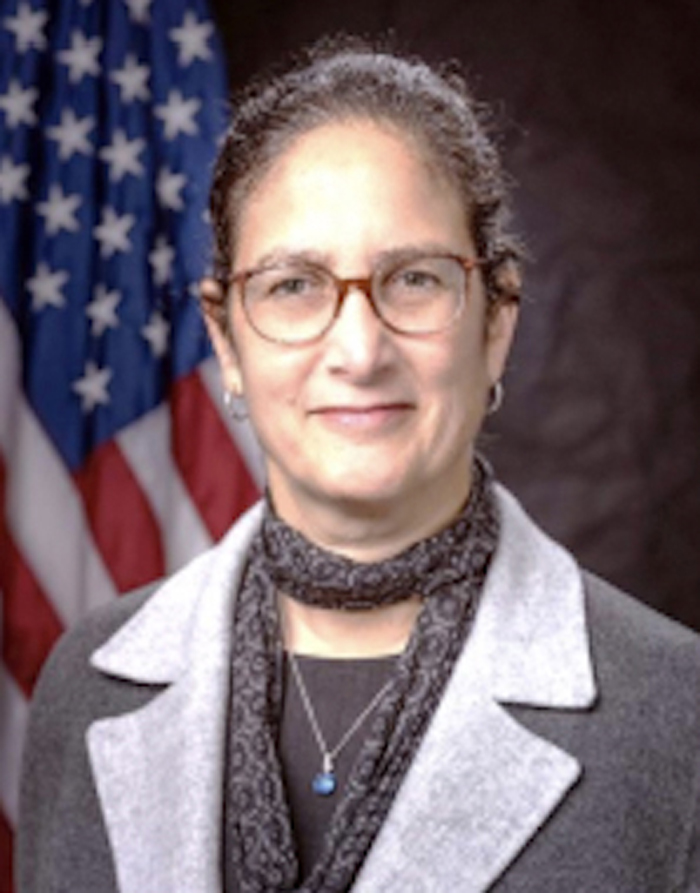Catawba College hosts EPA officer to discuss environmental justice and new office
Published 12:02 am Friday, March 3, 2023

- Engelman-Lado
SALISBURY — In 1982, a non-violent protest was held in the community of Afton in Warren County because a landfill was being built where the state decided to dispose of toxic soil that eventually started leaking into the community’s water supply.
The predominantly African American community took to the streets in anger for six weeks, waving signs, marching, blocking traffic and demanding the landfill be closed. More than 500 people were arrested.
The landfill remained open and it wouldn’t be fully decontaminated until 2004, but the protests are widely considered for inspiring the environmental justice movement.
“That was a key milestone in the development of the environmental justice movement,” said Marianne Engelman-Lado, the Environmental Protection Agency’s deputy general counsel of environmental initiatives.
Engelman-Lado visited Catawba College on Wednesday night to discuss environmental justice and the agency’s new Office of Environmental Justice and External Civil Rights with students, faculty and interested residents.
The EPA defines environmental justice as “the fair treatment and meaningful involvement of all people regardless of race, color, national origin, or income, with respect to the development, implementation, and enforcement of environmental laws, regulations, and policies.” The new office will be directly involved in ensuring this definition becomes a reality.
Poorer communities across the nation are more likely to suffer from the exposure of hazardous waste and other environmental harms, Engelman-Lado explained. She cited a 1987 report conducted by United Church of Christ Commission for Racial Justice called “Toxic Waste and Race in The United States.” The report found that race was the most significant factor and predictor for where hazaradous waste facilities were located in the country. Income and land value also play a role.
Engelman-Lado explained the overall mission of the new office is to make sure these poorer communities are better protected. The new office will ensure there is equity in environmental justice and civil rights in EPA policies and programs. It will also enforce federal civil rights laws prohibiting discrimination by applicants and recipients of federal financial assistance from the EPA, in accordance with title six of the 1964 Civil Rights Act, which states “no person in the United States shall, on the ground of race, color, or national origin, be excluded from participation in, be denied the benefits of, or be subjected to discrimination under any program or activity receiving federal financial assistance.”
Engelman-Lado said this is something the EPA hasn’t done as well as other departments of government, such as the education and transportation sectors.
The new office was launched last year, combining three previous EPA offices: the office of environmental justice, the office of external civil rights and the conflict prevention and resolution center.
“It brings these issues, recognizes the expertise we have and it brings these issues to another level,” Engelman-Lado said. “It really elevates environmental justice and external civil rights in a profound way.”
The new office will also provide grant funds and technical assistance to communities who need it most.
The office has been awarded $3 billion that will go to communities affected by environmental justice and climate change issues.
Communities can apply for a number of different grant programs that are provided by the office, including the environmental justice thriving communities grantmaking program, the environmental justice collaborative problem-solving cooperative agreement program and the environmental justice small grants program, among others.




